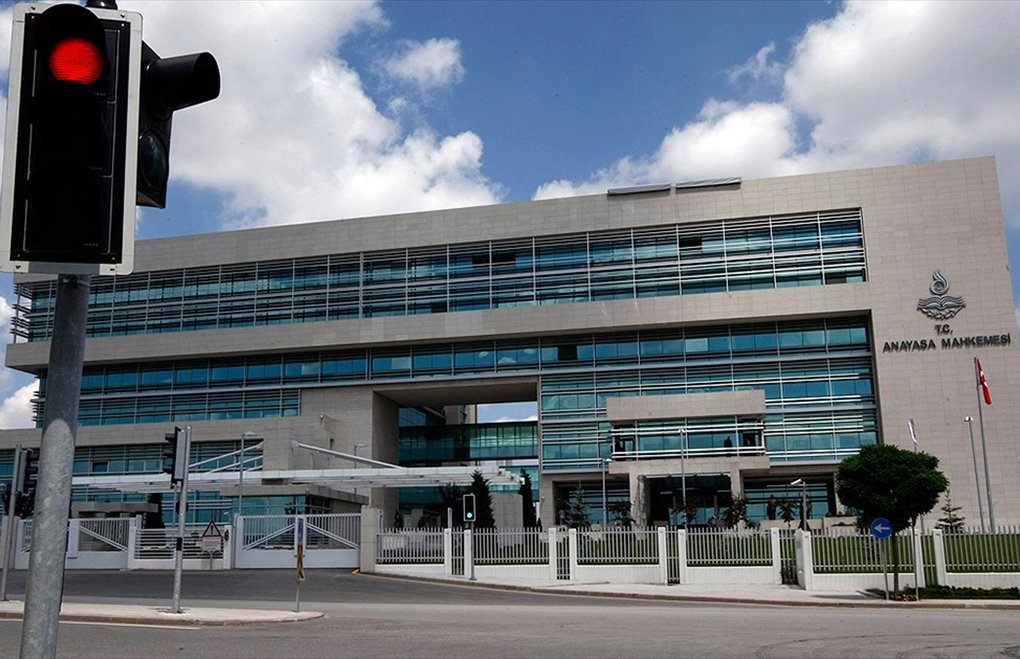Photo: AA
Click to read the article in Turkish
The Constitutional Court has ruled for the cancellation of a provision of a law regarding security checks of public employees due to violation of the right to privacy.
The provision that was added to Law No. 4045 in 2018 allowed the authorities to obtain documents from the archives of ministries and public agencies, legal records, court orders and investigation results regarding employees.
The court gave its verdict on the application on February 19 and it was published in the Official Gazette today (April 28).
As many as 138 opposition MPs had applied to the top court for the annulment of the provision. They stated in the application that the rule provided unlimited access, processing and evaluation of personal data belonging to those wishing to enter public service.
They also stated that persons could be prevented from entering public service or dismissed from public service with the article, which "unpredictably limited the right to enter public service."
Protection of private data
The Constitutional Court stated in the decision that Article 20 of the Constitution guarantees the privacy of personal data.
"The obligations of civil servants and public officials to comply with the Constitution and laws are regulated in Article 129 of the Constitution. It is at the discretion of the legislator to introduce regulations for security investigations and archive inquiry regarding persons to be employed in public office. But the rules that envisage a regulation in this area should clearly demonstrate within what limits it is empowered to implement measures and provide adequate safeguards against abuse," the court said in the decision.
The top court also noted that there were no regulations as to prevent the abuse of authority, which authorities were able to reach personal information, how the information would be stored and whether it would be erased or not, concluding that the article was not in compliance with Articles 13 and 20 of the Constitution.
| What does the Constitution say? Article 13 Fundamental rights and freedoms may be restricted only by law and in conformity with the reasons mentioned in the relevant articles of the Constitution without infringing upon their essence. These restrictions shall not be contrary to the letter and spirit of the Constitution and the requirements of the democratic order of the society and the secular republic and the principle of proportionality. Article 20 of the Constitution Everyone has the right to demand respect for his/her private and family (As amended on October 3, 2001; Act No. 4709) Unless there exists a decision duly given by a judge on one or several of the grounds of national security, public order, prevention of crime, protection of public health and public morals, or protection of the rights and freedoms of others, or unless there exists a written order of an agency authorized by law, in cases where delay is prejudicial, again on the above-mentioned grounds, neither the person, nor the private papers, nor belongings of an individual shall be searched nor shall they be seized. The decision of the competent authority shall be submitted for the approval of the judge having jurisdiction within twenty-four hours. The judge shall announce his decision within forty-eight hours from the time of seizure; otherwise, seizure shall automatically be lifted. (Paragraph added on September 12, 2010; Act No. 5982) Everyone has the right to request the protection of his/her personal data. This right includes being informed of, having access to and requesting the correction and deletion of his/her personal data, and to be informed whether these are used in consistency with envisaged objectives. Personal data can be processed |
(HA/VK)




